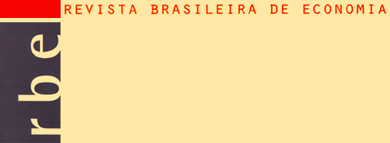For many years, it has been a primary issue in tax policy whether the tax system ought to be built around income tax or consumption tax. Much of the interest in tax policy arises from the widespread belief that taxes on income and savings tend to lower long-run income by retarding the creation and expansion of firms and by discouraging workers and investments. Following this belief, Brazilian government has proposed a tax reform which, basically, replaces tax on investment and labor with tax on consumption. In this paper, we develop a dynamic general equilibrium model with heterogeneous agents to guide our quantitative assessment of the economic and distributional implications of such tax reform. The model is calibrated in such a way that it matches some selected features of the Brazilian economy. We also use the calibrated model to calculate the deadweight loss of each type of taxation and thus provide some rationality for that rearrangement in the tax system. The main result of the paper is that, even though the tax reform increases the asset accumulation, labor and output of economy, it also raises the welfare inequality as borrowing constrained individuals cannot take advantage of the drop in tax on savings.
Tax Reform; Welfare Distribution; Deadweight Loss; Brazil



























